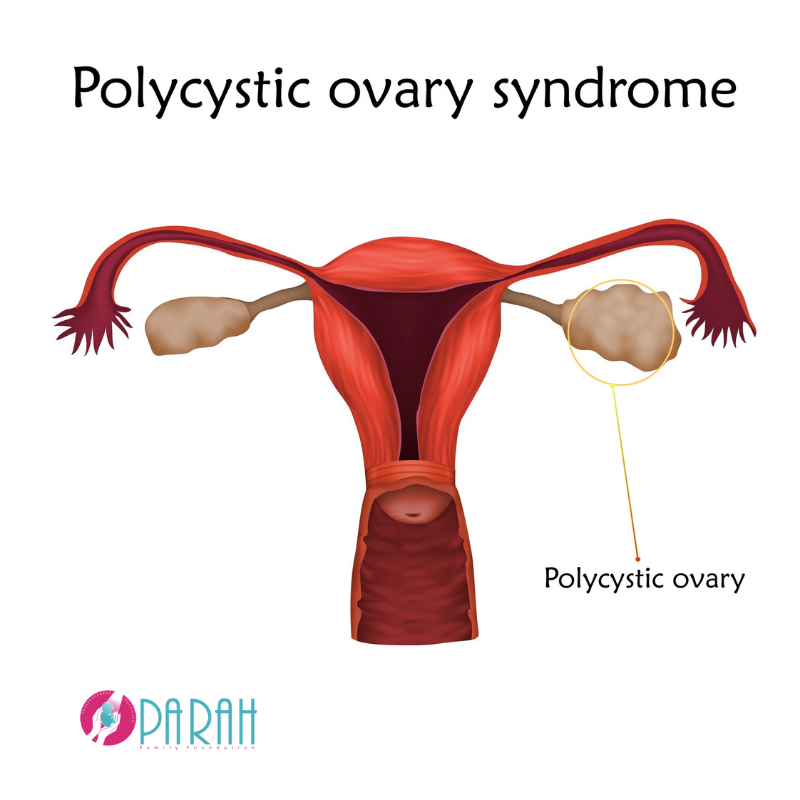Essential Fertility Vitamins For Expectant Couples
As anyone who has struggled to conceive knows, infertility can be a hard journey with various — and sometimes overwhelming — treatment possibilities.
But there’s one option to boost your baby-making chances that’s relatively simple and non-invasive: your diet — and, more specifically, the micro-nutrients you get through food or supplements.
Adequate vitamin and mineral intake is critical when trying to create the right environment for a healthy pregnancy because fertility is a complex equation, and each person’s body is different. Hence, the science around micro-nutrients and conception cannot be overemphasized.
There are many vitamins to help get pregnant, but these, according to experts, are some of the best conception vitamins for men and women.
1. Folic Acid
It’s common for women to take folic acid (AKA Vitamin B9) during pregnancy to reduce the risk of neural tube defects for the baby. But it’s actually been shown to increase fertility rates as well, so for many reasons it’s a good idea to start supplementing with folic acid in advance.
Folic acid can be taken separately or as part of a prenatal vitamin.
2. Vitamin E
You may recognize vitamin E from skincare products that promise to reduce wrinkles. That’s because it works to repair cells, which is also what makes it so effective as a fertility vitamin.
“Vitamin E is an essential nutrient for ovaries and also acts as an anti-aging antioxidant. For women who are trying to conceive later in life, they may benefit from supplementing with Vitamin E so that they can support egg quality, which is core to being able to conceive and carry to term,” Shah explains.
3. Vitamin D
Though the best way to get vitamin D is with healthy exposure to sunlight, these days it’s common to be deficient, which is bad news for those trying to get pregnant. “Vitamin D is essential for the development of healthy hormones,” Shah says. “Hormones are the key communicators or signaling compounds in the body and those signals throughout the month are what create the template for a woman’s menstrual cycle and for balance through pregnancy.”
4. Vitamin C
Vitamin C is a powerful antioxidant that can reduce cellular damage throughout the body, as well as increase iron absorption. A 2016 review of multiple studies found that taking vitamin C with vitamin E improved the number, mobility, and sometimes DNA integrity (in other words, quality) of sperm in men.
The recommended daily allowance (RDA) of vitamin C is 90 milligrams (mg) for men and 75 mg for women.
5. Fish Oil
Fish oil is often added to the prenatal vitamin regimen because of its positive impact on baby’s brain development. But Omega 3 fatty acids (usually taken in the form of fish oil pills) have also been shown to improve female fertility, according to Trolice. It can increase egg quality, which is important for conception. Expectant mothers should take at least 300mg daily.
6. Iron
Ovulatory infertility (one potential barrier to baby-making) can be caused by iron deficiency. A long-term study of more than 18,000 women showed that supplementing with iron appeared to decrease the risk of ovulatory infertility.
If you know you have an ovulatory disorder, talk to your doctor about how to add iron to your diet or supplements.
7. Coenzyme Q10 (CoQ10)
Coq10, a naturally occurring compound, has been shown to increase fertility, particularly for women over 40, and as such has become a popular fertility vitamin. Shah has seen the positive effects firsthand, from optimizing egg quality to thickening the uterine lining (women with thin uterine lining, she says, can have a harder time getting pregnant). She points to one study that showed that taking Coq10 in conjunction with Clomid improved fertility rates for women with polycystic ovarian disorder. Recommended doses vary from 150mg to 600 mg daily.
8. Selenium
Shah calls selenium “a super-vitamin for fertility and pregnancy,” thanks to its antioxidant powers. The micro-nutrient can help promote healthy uterine follicles, which is where the eggs are developed and released. She notes that “selenium deficiencies may lead to gestational complications miscarriages and may damage the nervous system of the developing fetus.” It’s recommended that pregnant women take about 60 mcg daily.
9. Calcium
To be frank, research isn’t definitive that extra calcium boosts fertility. But it’s important for both men and women to get enough of this mineral to prevent deficiencies. A 2019 study found that calcium deficiency could be a cause of infertility in men, since calcium is involved in the production of sperm.
The RDA for adult men and women is 1,000 mg per day. Unless you’re deficient in this mineral, it’s best to get your calcium from healthy dietary sources like full fat yogurt, not supplements.
10. Zinc
Zinc is essential for the formation of sperm, and a handful of studies have suggested that a zinc deficiency might lead to low quality sperm.
A 2019 study established that lower levels of this mineral in the blood were associated with longer time trying to conceive. The current RDA for zinc is 8 mg for women and 11 mg for men.
FERTILITY VITAMINS FOR MEN
It takes two to tango, so don’t forget about male fertility vitamins!
1. Folic Acid
If you thought folic acid was just for women, think again. “Men who are attempting pregnancy with their partner should also be on multivitamins with folic acid, which will improve the health of the sperm as well as the offspring,” says Edward Marut, MD, a board certified OB-GYN and reproductive endocrinologist with Fertility Centers of Illinois.
2. CoQ10
This is another fertility vitamin that’s effective for both men and women who are trying to conceive. “Studies show CoQ10 increases sperm count and improves morphology,” Shah says. Marut recommends that men take 200mg of CoQ10 twice daily to enhance semen quality.
3. Selenium
The antioxidant powers of selenium are just as important for men as they are for women. “Low selenium in men can cause infertility by lowering sperm motility and semen quality,” Shah explains. One study indicated that previously infertile men who took a regimen of selenium and vitamin E experienced improved sperm motility and much greater rates of conception.
4. Zinc
“Men with low zinc levels are shown to have especially poor sperm counts and quality,” Shah says. If you see white spots on your nails, she cautions, you may have a zinc deficiency. Studies found that taking 66 mg of zinc every day along with 5 mg folic acid significantly increased sperm count.
5. Fish Oil
The omega 3 fatty acids in fish oil make it great fertility vitamins for men. Marut says hopeful fathers-to-be should take 200 mg twice daily to enhance semen quality.
Note: When you’re struggling with infertility, there are so many factors you can’t control — your genetics, your age, an unpredictable cycle, to name a few.
However, providing your body with the best possible nutrition — including vitamins and minerals — is one area where you can take the reins. Work with your doctor to choose the right balance of vitamins to boost your chances of a healthy pregnancy.
‘Yinka Bosede.




